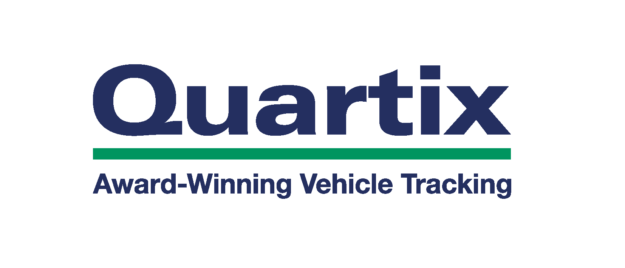Hello, my dears!
I hope you are all doing well and keeping your heads and your spirits up, even as February rolls around and tries to make us all feel miserable. And remember - if you ever feel yourself coming down with a case of the wintertime blues, just pop into the Cafe. Aunt Gertie will be here to cheer you right up, and send you home with a smile!
With that said, we aren't just about light-hearted good times around these parts. We also talk about serious topics every once in a while, and this just happens to be one of those times.
'But Gertie, why?!', I hear you wail. 'Why tell us you'll cheer us up, and then betray us like this?!' Well, my dears, it's very simple – I care about your well-being, and there are some things that need to be talked about at certain times of year. Such as tax forms, for example.
Taxing Times Can Be Good Times!
So, I promised you good times and one paragraph later I tell you we'll be talking about tax forms. You'll have to forgive me. The reason I did it was that tax season is coming around, and I don't want anybody to be caught unprepared. I know it's often hard for people who work in delivery services to know what can and can't be included in tax forms, and that's why I've decided to swoop in to the rescue and help my readers work out how to fill them out correctly. Now, I certainly don't claim to be a know-it-all in this field, so I've done research both on Google and through my resident expert, my nephew Stevie. The information below is a combination of that research and I think it will make understanding things a little bit – in normal language!
Basically, from what I've learnt, expense claims for delivery services aren't too different from those allowed to other small businesses – they are just 'adapted' to the specific needs of courier drivers. That means things like petrol, servicing, MOT, license, overhead costs of running the business, insurance, AA membership, and even things such as telephone bills (for business calls), parking fees or cleaning costs for your van may all be deductible in taxes. Delivery drivers can even claim things such as advertising and printing costs (for flyers), accountancy fees and even stationery as expenses, and get partially or fully compensated.
It's not all roses, though – but then it never is, with taxes, is it? As some of you probably know, when you own a small business, you're also asked to pay quite a few different taxes, so you need to make sure you don't accidentally forget to file any of them. That's why it's important that you don't forget to pay your National Insurance contributions, stamp tax, VAT, and any taxes on dividends declared by your company. Don't get caught out my dears!
Well, that is about it, really – or at least, the very basics of it, as I understood them. Remember, this post was never meant to be a comprehensive guide – I just wanted to help my readers understand what the tax office allows and expects from people who work in delivery services.
Before I say goodbye, I'll leave you with a link containing some useful information about what records to keep for tax purposes when you work in delivery services, or just own a small business in general. You can read it by clicking here.
As for me, until next week at least, I shall say...
...Ta-ra!
- Gertie



















